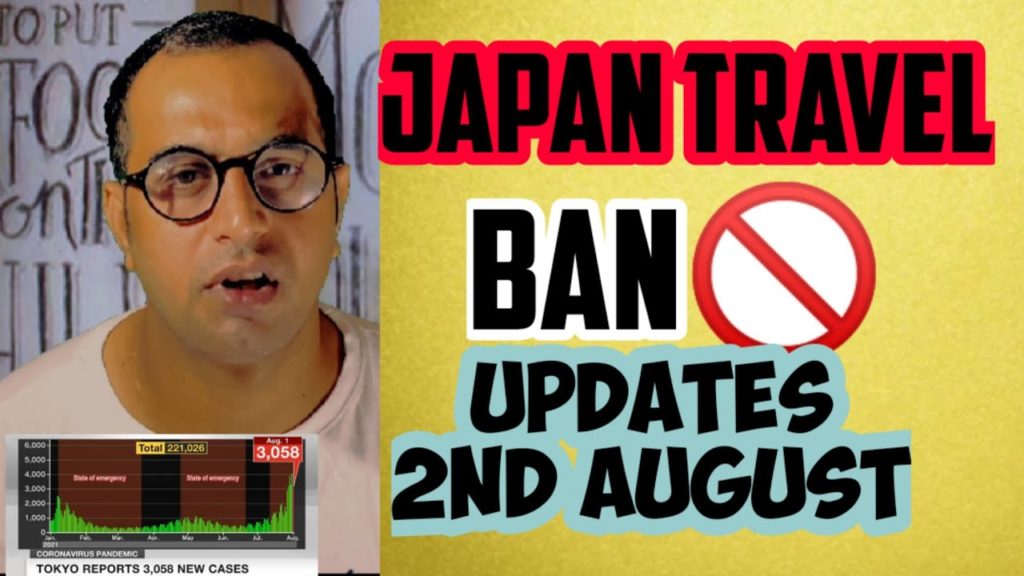Japan was lauded for containing the virus during the first wave but has since seen a surge in cases, with a major spike in November and December 2020.
The Olympic Games kicked off on Friday, July 23 despite 60-80 percent of Japanese residents saying they were opposed to their country hosting them. About 85 percent of participating athletes have been vaccinated against Covid-19 and they are staying in a designated “bubble” designed to keep them separated from the public.
Most events are being held without spectators or with extremely limited audiences. Prime Minister Suga has encouraged people to enjoy watching the Games on TV.
Tokyo and Okinawa will be under a state of emergency until August 11, which covers the entire duration of the Games.
Three of the prefectures bordering Tokyo — Chiba, Kanagawa and Saitama — will also remain under a semi-state of emergency during this period.
What’s on offer
A heady mix of the cutting edge and deeply traditional, Japan remains a major draw for travelers from all over the globe. Whether participating in a traditional tea ceremony in Kyoto, scouring Tokyo’s Akihabara district for tech bargains or soaking in a hot onsen in the forests of Tohoku, this is a country that leaves its mark on all who visit.
Who can go
Japan has some of the most stringent travel restrictions in the world, with 152 countries on its prohibited list.
Visitors from Australia, Brunei, China (including Hong Kong and Macau), New Zealand, South Korea, Singapore, Taiwan, Thailand and Vietnam may enter the country, although those traveling from China and South Korea can only arrive into the country via Tokyo Narita airport. Additionally, those traveling for study, work or to join family (subject to visa requirements) may enter. That said, there are many exceptions and the rules change constantly. Consult MOFA for the latest information.
Prime Minister Suga announced on January 14 that the borders would close to all foreign nationals, although there were no specifics on beginning and ending dates. He also did not specify whether this would apply to foreign citizens with Japanese residency.
On May 24, the US State Department issued a travel warning against its citizens visiting Japan. It was a Level 4 warning, the highest on the scale. It has since been dropped to a “Level 3: Reconsider Travel.”
What are the restrictions?
Travelers from permitted destinations must undertake a 14-day quarantine, although it is possible to request a PCR test on arrival. A negative result allows you to finish quarantine. These rules can be spotty and inconsistent.
Those traveling under Japan’s revised business travel rules will need to provide proof of a negative PCR test taken within 72 hours of departure, signed and stamped by the laboratory where it was taken. While they will not need to self-isolate, they will need to provide details of their movements for the following two weeks and not use public transport.
for more videos subscribe my channel
🙏🙏🙏🙏🙏🙏🙏🙏🙏🙏🙏🙏🙏
Thanks for watching 🙏🙏🙏🙏


AloJapan.com